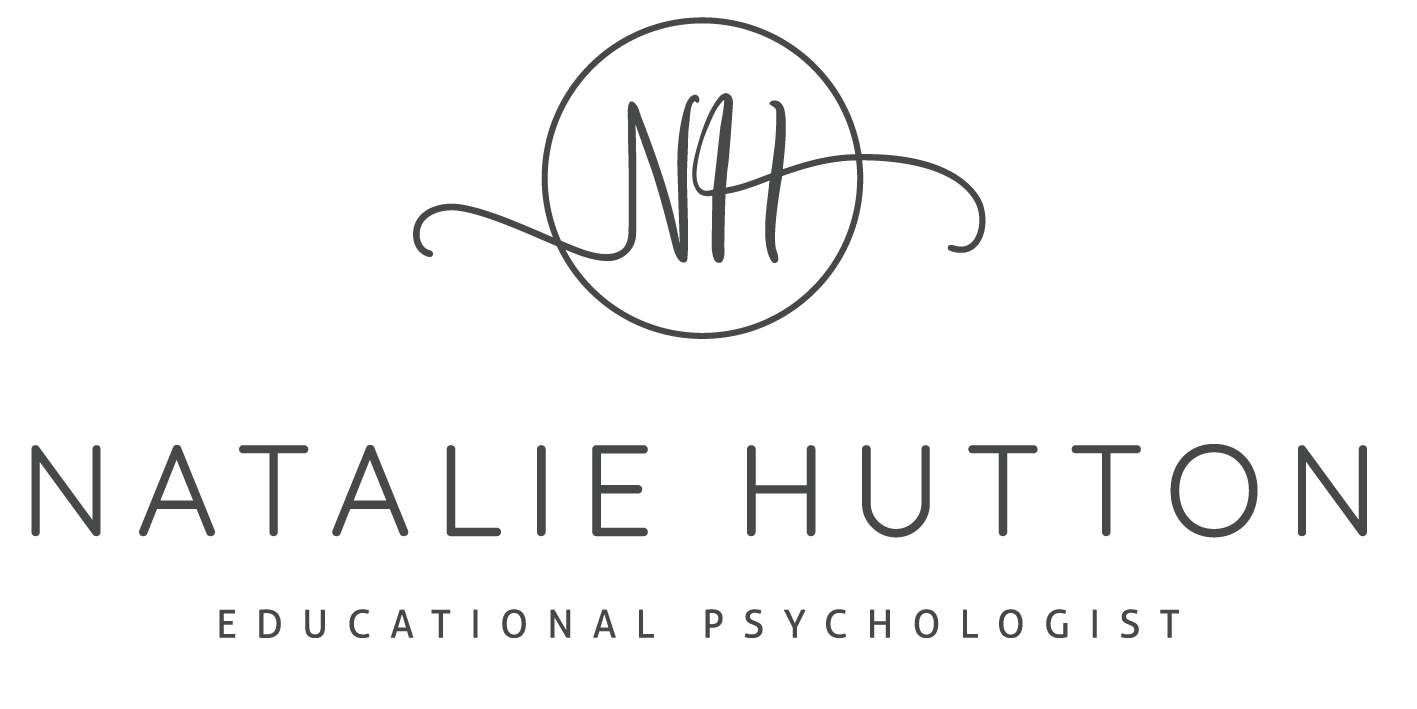What is an Educational Assessment?
An educational assessment is a process of testing, designed to identify a child's strengths and weaknesses within the realm of education. The purpose of an assessment is to determine a personalized intervention strategy or support structure to help a child maximize their potential at school.
An educational assessment consists of a cognitive assessment (IQ) as well as scholastic testing. An IQ test identifies a child's baseline potential by establishing cognitive potential. Scholastic testing aims to identify a child's proficiency in literacy, mathematics and writing. It provides an idea of performance ages and standardized performances, which can be compared to chronological ages, in order to see if they are equivalent. When there is a discrepancy between a child's IQ and their scholastic performance, a learning barrier may be indicated.
An educational assessment is a great starting place when concerned about a child's progress at school. It aims to identify learning barriers and the need for concessions. It can also identify any social/emotional or behavioral difficulties that need to be addressed. It is a collaboration of details from a psychologist, teachers, parents and the child. It may result in a referral to other specialists, like occupational therapists or speech therapists. It can also identify the need for concessions.
How do you know when a child needs an assessment?
Teacher's usually identify the need for an educational assessment and will approach parents to suggest one if necessary. However, if a parent feels it is necessary, they are encouraged to raise this with the teacher. Early intervention is most effective.
How does an assessment work?
Typically, a child will be referred to a psychologist. That psychologist will possibly request to do a classroom observation, after which s/he will meet with the child to assess them. This may take the form of one morning, or several shorter sessions together. After that, a report will be compiled and a feedback session will be arranged. The report will then be handed over to the parents, who have the option to send it onwards to the school.
Do you need to do any other appointments before an assessment?
It is advised to ask the referring psychologist this question beforehand. However, it would be useful to do a basic hearing and visual screening to rule this out before the assessment. You may also be asked to complete a few screening forms by the psychologist, which will provide additional information.
How much does an assessment cost?
Every psychologist charges their own rates and it is best to enquire with them what the cost is and what it entails.

